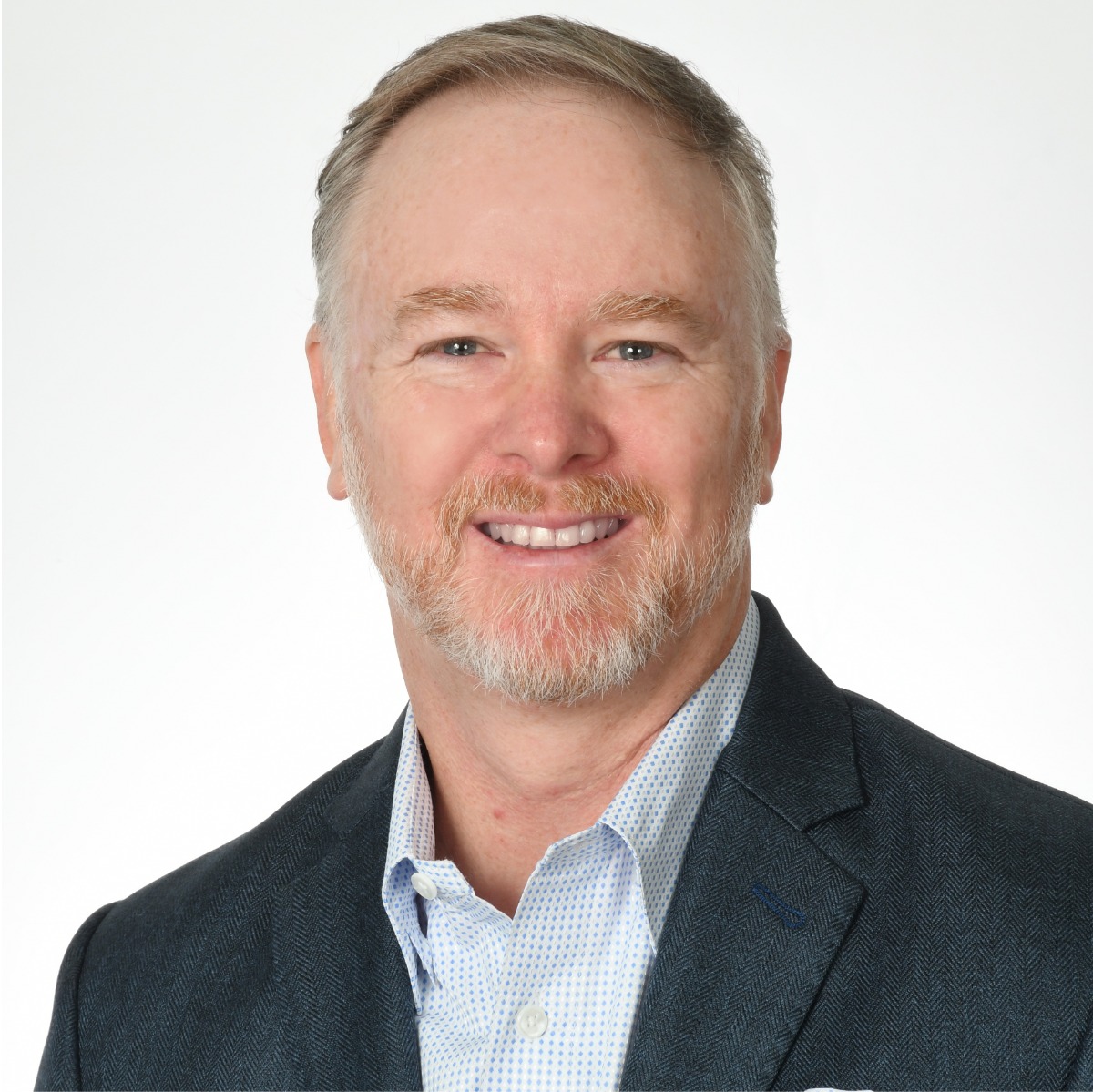| Reverse mortgages are rarely a good fit, but there are specific situations—like limited income with no desire to leave the home to heirs—when they can make sense. Careful consideration of the long-term costs and tradeoffs is essential before moving forward. |
As home values rise, reverse mortgages are increasingly being promoted by lenders as a way to tap into that equity and boost cash flow. But after more than 30 years as a fiduciary advisor, I can tell you that for most of our clients, reverse mortgages are rarely the right fit.
Let’s talk about what they are, why they’re coming up more, and why, in almost every conversation, we find better paths to peace of mind.
What is a Reverse Mortgage? A Quick Primer
A reverse mortgage is a loan that lets homeowners aged 62 or older borrow against the equity in their primary residence. Unlike a traditional mortgage, you don’t have to make monthly payments. The loan is repaid when you sell the home, move out permanently, or pass away.
Setting up a reverse mortgage isn’t free. Homeowners must complete a required HUD-approved counseling session, work with a lender to apply, get a home appraisal, submit a credit check and property eligibility, and pay for loan origination and insurance. Altogether, upfront costs can easily reach $10,000 or more, plus ongoing fees over time. These fees are incurred whether or not the funds are ever needed, which is why many advisors caution against setting up a reverse mortgage line of credit “just in case”.
Why Reverse Mortgages Are Rarely the Best Fit
Even though reverse mortgages are marketed as a safety net or a proactive income stream, in my experience, they create more problems than they solve for most people. I was quoted years ago as saying these are a good last option. My opinion hasn't changed. Here’s why:
Upfront Costs and Lost Opportunity
Setting up a reverse mortgage line of credit can be expensive. And if you don’t end up using it, you’re left with sunk costs that could have been better invested elsewhere.
Clients often ask whether it’s better to “set up the line early just in case.” Paying to create an option you might never use when that money could be working for you instead rarely makes sense.
Portfolio and Retirement Mismatch
A reverse mortgage isn’t free money. It’s a loan with interest, usually at rates higher than traditional investments like Treasury bonds. If you’re already holding fixed income in your portfolio, using a reverse mortgage can mean you’re simultaneously borrowing at high rates and lending at low ones, which is a mismatch that erodes long-term returns.
Emotional and Family Considerations
For many, the home is more than an asset, it’s a place of memories and it’s a future legacy. We’ve seen that tapping home equity through a reverse mortgage can create anxiety and family tension. It’s not just about the math, it’s about how you feel about your home and what it means for your long-term plans.
When Reverse Mortgages Might Make Sense
I’m not here to dismiss reverse mortgages out of hand. They can be a lifeline for retirees who truly have no other options:
- They’ve exhausted other liquid assets.
- They need to stay in their home.
- They’re out of other ways to meet essential expenses.
In these rare cases, a reverse mortgage isn’t a proactive planning strategy; it’s a last-resort source of stability. And when that’s the case, we’re here to help clients navigate it carefully.
Our Role: Educate, Listen, Guide
At Sachetta, we’re not here to push products. We’re here to build relationships and help clients make confident, well-informed decisions. When someone asks about a reverse mortgage, we see it as a moment to understand the bigger picture and what’s really driving the question. Maybe they read an article or heard a friend is considering the decision. Maybe they’re feeling anxious about an income gap in retirement. Maybe there’s a desire to gift more to their children.
Whatever the reason, we’re here to listen and help you find a path that fits your goals.
Peace of Mind Comes from a Plan, Not a Loan
Reverse mortgages are a tool, but they’re not a plan. For most of our clients, the right path to financial confidence comes from a comprehensive, holistic strategy, not from borrowing against your home.
If you’re wondering how to make the most of your assets and create income in retirement, let’s talk. We’re here to help!
 Stephen Ahern, CPA/PFS, CFP®, AEP®, MST, is President of Sachetta. He holds a Master’s Degree in Taxation from Bentley University and for over thirty-five years, has provided individual financial, investment, estate, and tax planning, as well as small business consulting, to a diverse base of clients. His clients have included key top-level executives, high-net-worth individuals, business owners, venture capitalists, and entrepreneurs. As an established personal financial planner, Stephen has delivered numerous presentations on financial, investment, retirement, and tax planning to corporations and professional groups. He has also written articles on investments, education, and estate planning. Before joining Sachetta, he co-founded and served as President of Wealth Management Advisors, LLC.
Stephen Ahern, CPA/PFS, CFP®, AEP®, MST, is President of Sachetta. He holds a Master’s Degree in Taxation from Bentley University and for over thirty-five years, has provided individual financial, investment, estate, and tax planning, as well as small business consulting, to a diverse base of clients. His clients have included key top-level executives, high-net-worth individuals, business owners, venture capitalists, and entrepreneurs. As an established personal financial planner, Stephen has delivered numerous presentations on financial, investment, retirement, and tax planning to corporations and professional groups. He has also written articles on investments, education, and estate planning. Before joining Sachetta, he co-founded and served as President of Wealth Management Advisors, LLC.
 Stephen Ahern
Stephen Ahern


